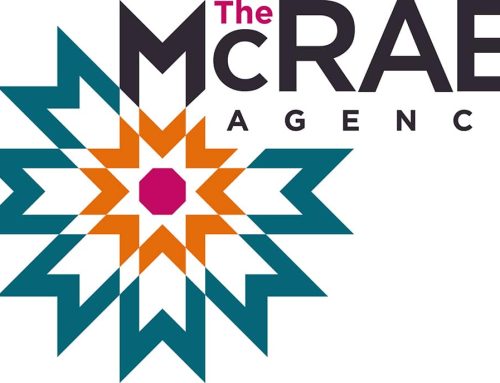By Libby Banks, the Law Office of Libby Banks, PLLC, Estate Planning
As we start the New Year, I want to talk about older methods of estate planning versus newer, more efficient, and cost-effective means of planning.
Your estate is simply what you own. For most reading this article, that at least includes a home, a retirement account, bank accounts and maybe a brokerage account. In the not-so-distant past, planning for your estate at death meant preparing a last will and testament. Today, we use the revocable living trust more often.
There are many benefits to using the revocable living trust, but often people think that only the wealthy need a trust. I think that instead, we should consider the trust as simply the more modern way of planning where your assets go on your death. The trust does that, and more.
Here are a few advantages of using the trust:
The Revocable Living Trust Helps You if You Are Incapacitated
Both a will and a revocable living trust contain instructions for distributing your assets after you die. However, a revocable living trust also contains your instructions for managing your assets should you become incapacitated. In the trust, you name your successor trustee who steps into your shoes to pay your bills and manage your finances when you can’t.
A Revocable Living Trust Avoids Probate and Reduces Expenses
A will says who will receive the assets in your estate after your death, but it does not automatically transfer your assets. Instead, your executor must probate the estate, starting with submitting the will and an application to the probate court and asking the court to appoint them executor. Until they have the appointment papers, they cannot do anything with your estate.
A revocable living trust, on the other hand, appoints your successor trustee who can step in to take charge of your estate promptly. The trustee can quickly gather, sell, and distribute your assets to your beneficiaries with no need for a court’s involvement.
How the Trust Works
When you set up a trust, you transfer assets from yourself to the trust. While you are alive and able, you are the trustee and the only beneficiary. For a married couple, managing your assets in the trust won’t feel much different than it does when you hold your assets in joint tenancy. You maintain full control of your assets, doing the same things with them you did before: write checks, buy, and sell, direct your stockbroker. Even your income tax returns stay the same.
Transferring assets to the trust is also relatively simple. In my office, we transfer all the Arizona real estate into your trust and assist you in retitling your other assets. Once you understand how to title assets, you won’t need to call us unless you want our help.
The revocable living trust makes sense for most of us.
To find out if it makes sense for you, take advantage of my free initial consultation for estate planning. Call 602-375-6752 or visit my website at libbybanks.com.





